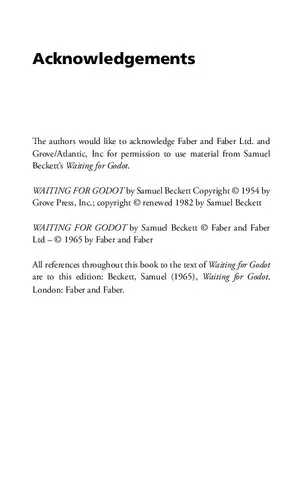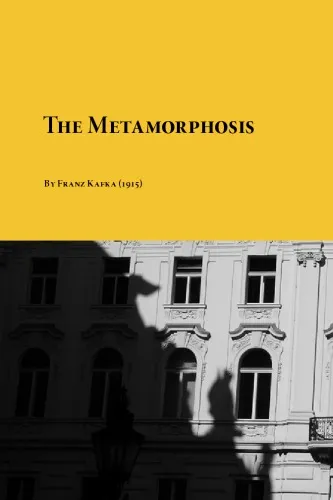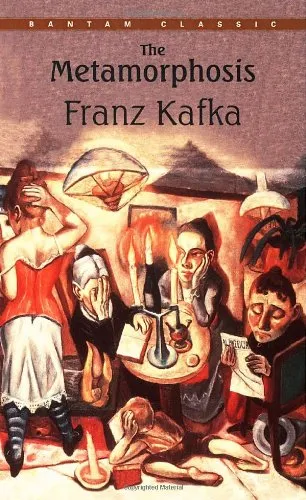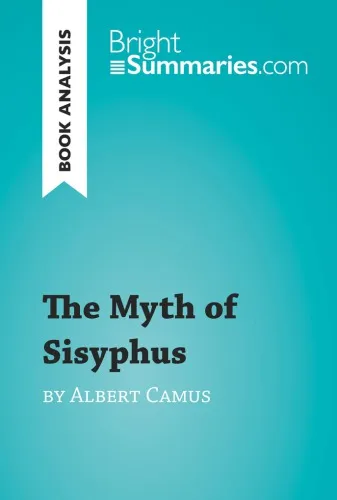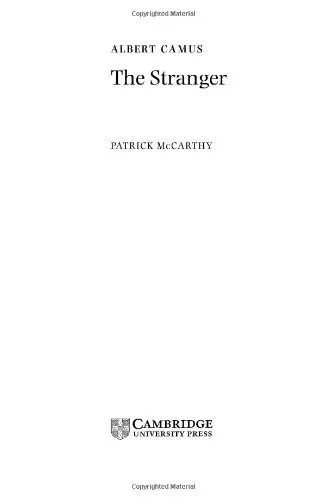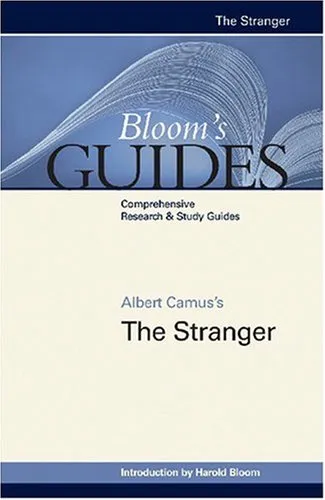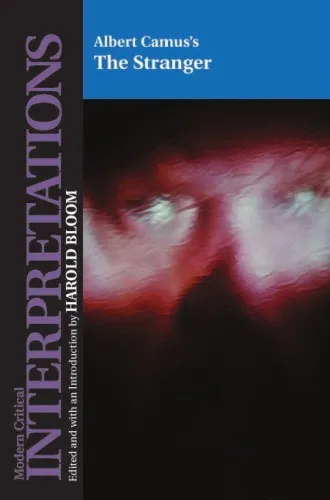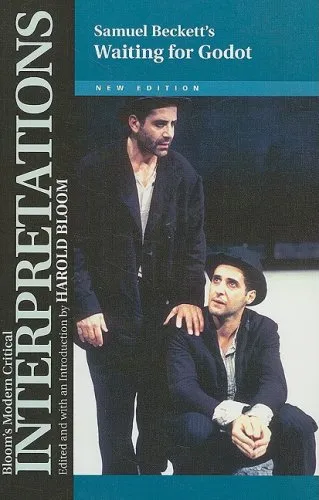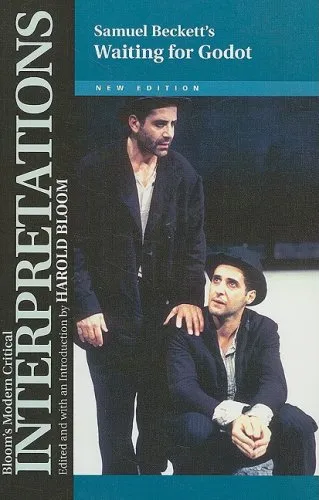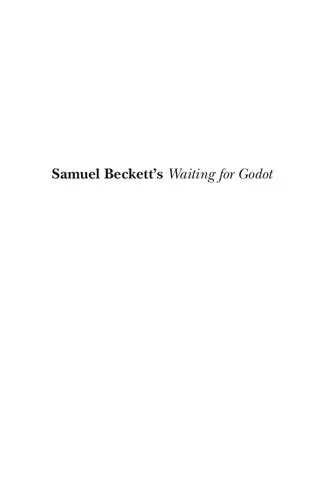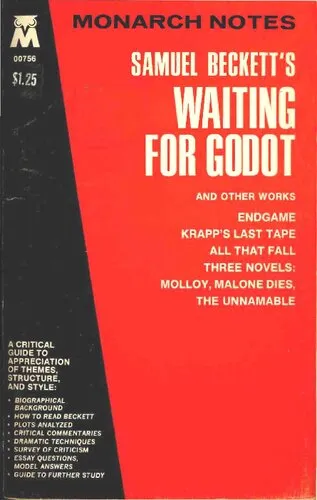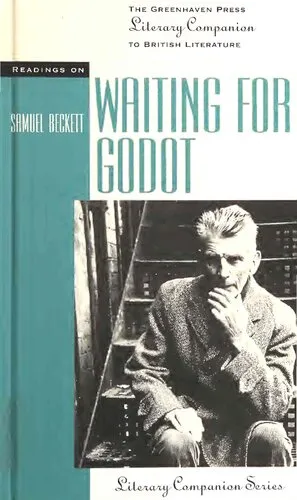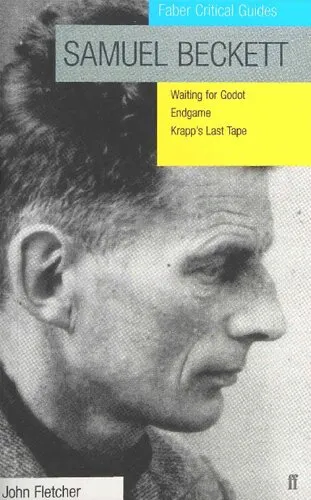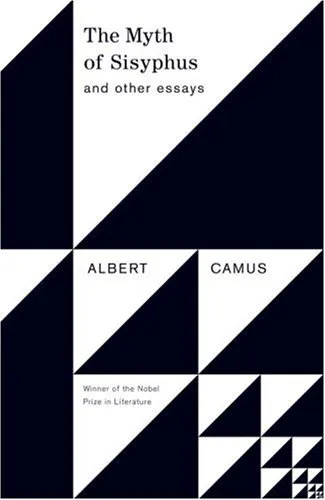Samuel Beckett's Waiting for Godot
4.5
Reviews from our users

You Can Ask your questions from this book's AI after Login
Each download or ask from book AI costs 2 points. To earn more free points, please visit the Points Guide Page and complete some valuable actions.Related Refrences:
Introduction to 'Samuel Beckett's Waiting for Godot'
Welcome to an insightful exploration of one of the most enigmatic plays of the 20th century, Samuel Beckett's "Waiting for Godot." As a pivotal work in the Theatre of the Absurd, Beckett's masterpiece invites readers and audiences into a world where two characters, Vladimir and Estragon, engage in an endless wait for someone named Godot. This guide will delve into the depths of the play, offering a detailed summary, key takeaways, famous quotes, and an explanation of why "Waiting for Godot" remains a significant cultural and philosophical work.
Detailed Summary of the Book
"Waiting for Godot" is a play structured into two acts, both of which unfold in the same setting – a desolate roadside with a single tree. The narrative revolves around two main characters, Vladimir and Estragon, who are bound by their mutual dependence yet disconnected by their existential dilemmas. They engage in various conversations and activities to pass the time while awaiting the arrival of the mysterious Godot, who ultimately never appears. The play explores themes of existential uncertainty, the human condition, and the passage of time, emphasizing the absurdity of life.
In Act I, Vladimir and Estragon's discussions are interrupted by the arrival of Pozzo and Lucky, who introduce themes of power and servitude. Pozzo exercises control over Lucky, who rarely speaks but delivers a lengthy monologue when prompted, showcasing the chaos and turmoil of human thought. The act concludes with a young boy delivering a message that Godot will not come today but perhaps tomorrow, leaving the protagonists in a state of perpetual anticipation.
Act II mirrors the first, maintaining the cyclical nature of the play. The interactions between Vladimir and Estragon continue with subtle variations, illustrating the relentless passage of time without progression. Pozzo and Lucky return, appearing altered by time themselves, reinforcing the themes of change and stasis. As the curtain falls, the promise of Godot’s arrival remains unfulfilled, underscoring Beckett’s depiction of hope and despair in the human experience.
Key Takeaways
Samuel Beckett's "Waiting for Godot" is not merely a play about waiting; it is a profound exploration of the existential questions that haunt humanity. Here are some key takeaways from the play:
- **Existentialism and Absurdity**: The play epitomizes the Theatre of the Absurd, highlighting the senselessness and lack of purpose in human existence.
- **Hope and Despair**: Through the endless wait for Godot, Beckett illustrates the precarious balance between hope for the future and the despair of the present.
- **Time and Memory**: The repetitive structure and dialogue underscore the fluidity of time and the unreliability of memory and experience.
- **Human Relationships**: The complex bond between Vladimir and Estragon reflects the need for companionship in the seemingly isolated journey of life.
Famous Quotes from the Book
"Nothing to be done."
"They give birth astride of a grave, the light gleams an instant, then it's night once more."
"We are all born mad. Some remain so."
Why This Book Matters
"Waiting for Godot" is more than a cornerstone of modern drama; it is a critical mirror reflecting the human psyche. The play's enduring relevance lies in its ability to articulate the universal anxieties and uncertainties of life. Beckett’s work challenges audiences to confront the intrinsic absurdity of existence and the endless search for meaning, resonating across generations. It remains a testament to the power of minimalism, shrewdly using stark dialogue and simple staging to evoke profound philosophical discourse.
Understanding Beckett's intention and the subsequent impact of "Waiting for Godot" provides a lens through which to view contemporary theatre and existential philosophy. It stimulates intellectual discussion, attaching itself to themes of religion, identity, and humanity's continuous quest for fulfillment in an indifferent universe.
Free Direct Download
You Can Download this book after Login
Accessing books through legal platforms and public libraries not only supports the rights of authors and publishers but also contributes to the sustainability of reading culture. Before downloading, please take a moment to consider these options.
Find this book on other platforms:
WorldCat helps you find books in libraries worldwide.
See ratings, reviews, and discussions on Goodreads.
Find and buy rare or used books on AbeBooks.
1660
بازدید4.5
امتیاز0
نظر98%
رضایتReviews:
4.5
Based on 0 users review
Questions & Answers
Ask questions about this book or help others by answering
No questions yet. Be the first to ask!
